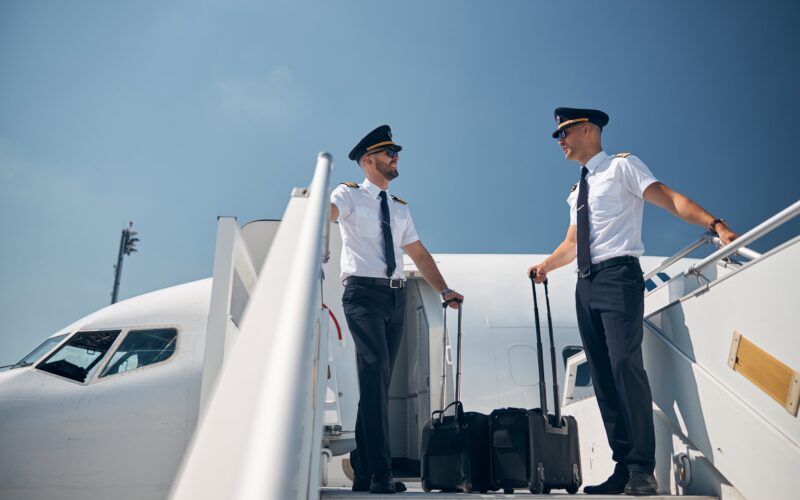Global aviation industry is experiencing significant growth driven by a rising demand for air travel. According to Boeing’s Pilot and Technician Outlook, the world’s commercial aircraft fleet will require approximately 602,000 new pilots over the next two decades.
As commercial fleets and air traffic volumes continue to rise, airlines and operators are seeking highly skilled aviation professionals. CAE’s Aviation Talent Forecast 2023 projects substantial future demand, with an estimated 3 million civil aviation professionals needed over the next decade and 284,000 new pilots required in the next 10 years, indicating a 39% surge in pilot demand from 2023 to 2032.
“The increase in flights and active aircraft fleets are primary drivers of demand for civil aviation professionals. In this regard, airlines are currently facing challenges in pilot recruitment. With pilots retiring at 65, early retirements, training gaps due to COVID, and an aging pilot demographic, demand for pilots is high and expected to rise. For those contemplating a career in piloting, the time has never been more opportune. Whether aspiring to fly commercial airliners, private jets, or military aircraft, the first step towards this is successfully navigating the pilot selection process,” says Jekaterina Shalopanova, the Chief Operating Officer of Aerviva.
Based in Dubai, Aerviva is an international aviation recruitment consultancy that provides recruitment, onboarding, and contract management services for aviation personnel globally, as well as staff leasing and aviation consultancy solutions.
“With over a decade of experience in the industry, our clients trust our comprehensive candidate vetting process, which adheres to essential FCL, ICAO, and EASA standards. Having successfully placed over 10,000 candidates in various aviation roles, we have demonstrated our ability to deliver top-notch recruitment services,” comments Shalopanova.
Understanding the pilot selection process is essential for aspiring pilots. As commercial fleets and air traffic volumes increase, airlines and operators are in need of highly skilled aviation professionals.
In the interview with Aerotime, Jekaterina Shalopanova provides valuable insights and expert guidance on how to prepare for the pilot selection process.
Key aspects include researching specific requirements, understanding interview structures, emphasizing flight experience, readiness for simulator assessments, comprehending aircraft systems, aerodynamics, navigation procedures, and regulations.
“Success in the pilot selection process requires thorough preparation, diligence, and professionalism, showcasing not only skills and knowledge but also passion and commitment to aviation industry,” highlights Shalopanova.
For more information on aviation industry recruitment processes and available job positions, expert assistance is available at www.aerviva.com to help navigate this complex field.

